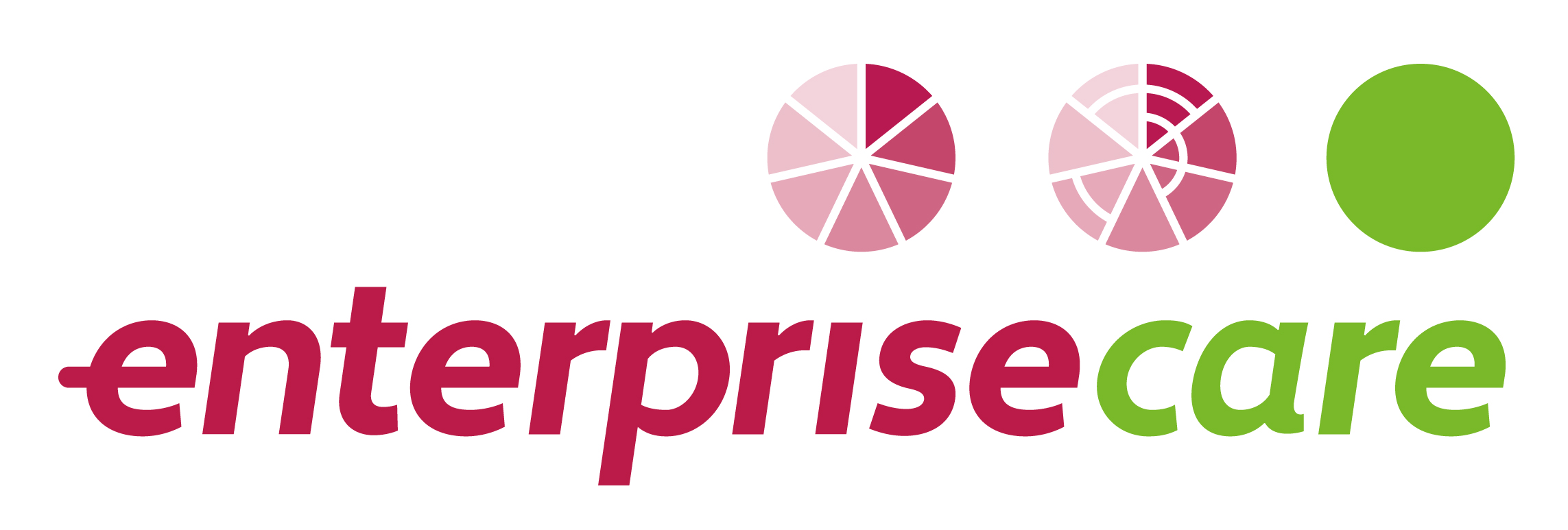
ARE YOU CAREERING?
The verb ‘career’ means to move swiftly and in an uncontrolled way. In reality, if our careers moved in an uncontrollable way, we would have a problem. Also, we can sometimes get frustrated if they do not move as swiftly as we would like.
At a more personal level, a career is the way in which an individual’s work life develops over time. It is a process of continuous challenge and of personal development through which an individual maintains their employability and enhances their value to an organisation.
Employability
Employability concerns developing recognised expertise. In this sense, the individual is conscious of a distinct range of ‘assets’ which separate them from others. Their career is dependent on their ability to maintain and develop these assets in comparison to others in the competitive market place.
Self-image can guide and constrain career choices. Self-image can dictate the approach an individual takes with regard to their career in terms of drive, ambition, achievement, the thirst for development and new and challenging experiences.
Career Advancement
In order for career advancement to take place, the individual needs to decide on, recognise and exploit opportunities for personal growth and development. This involves self-awareness via the ongoing understanding of their talents, skills, strengths and weaknesses and the influences on them. The individual’s conscious awareness of understanding what they want, when they want it, and how they will get it, will be the yardstick against which they will measure their career development.
From the organisations perspective a career revolves around attracting, retaining and developing people to ensure superior performance and commitment. This requires a tangible return on investment out of which comes flexibility, commitment, innovation and growth.
The process of career management involves a relationship between employees and managers that is subject to, or at least should be, an ongoing dialogue and adaptation. Discussion should involve employees requesting development, secondment of enhancements to their role. Similarly, in carrying out the managerial role decisions will impact on the employee through rewards, development opportunities, promotion and changes to organisational structure, process and numbers. The way in which the organisation manages, through its managers and leaders, these decisions and changes, is the way it manages careers.
DISCLAIMER: This article is general ONLY in nature and is not advice
Ian Wardle has a first degree in Social Sciences, a Masters degree in Human Resource Development and a Certificate in Counselling and was formerly a Fellow of the Chartered Institute of Personnel and Development.
For more information contact Ian at info@enterprisecare.com.au or +61 3 8862 6315
